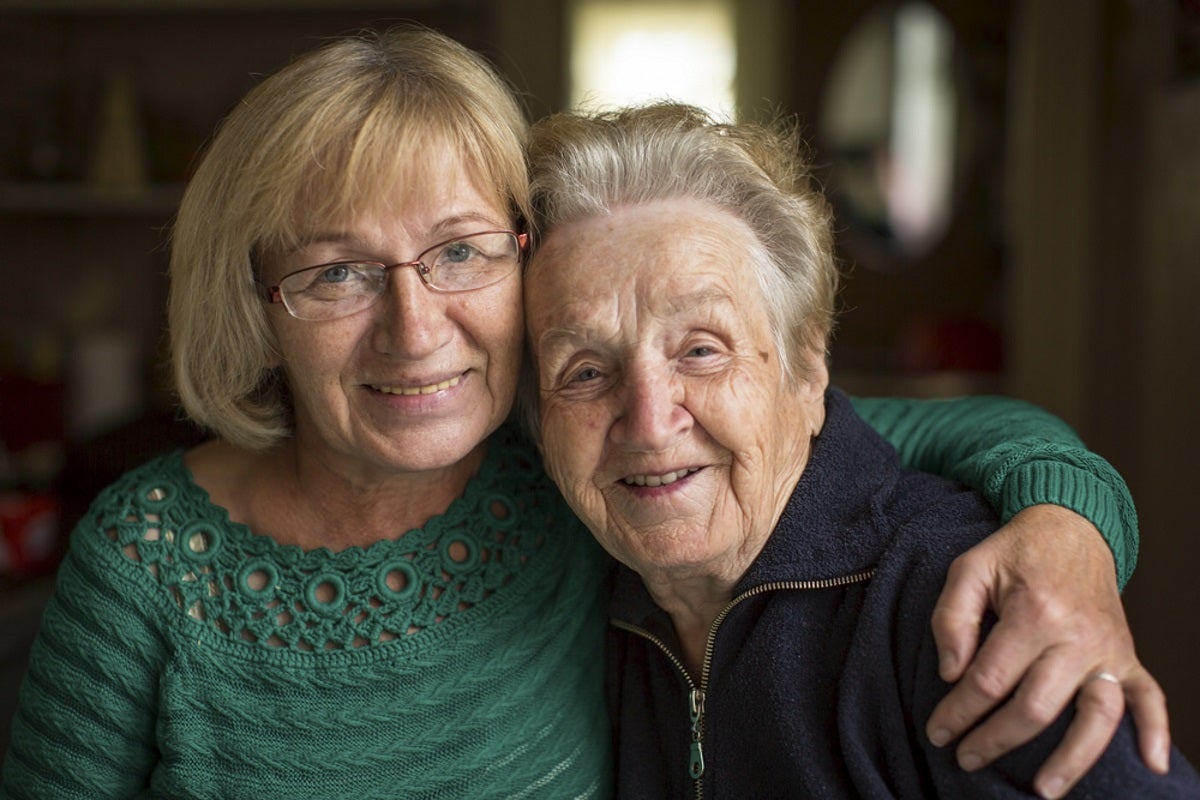Cervical Cancer | Is It Hereditary?
You’ve been diagnosed with cervical cancer and now you are looking for answers. Why you? Where did it come from? Could it be genetic?
Almost all cases of cervical cancer are caused by human papillomavirus (HPV). So cervical cancer is not hereditary. Except…
There may be an indirect hereditary link with regards to how your body reacts to HPV.
HPV is the most common sexually transmitted infection (STI), and most sexually active women will have been exposed to it at some point in their lives. A woman may never know she has been exposed because in most cases the immune system suppresses the infection within a year, causing negative test results. While negative test results indicate no active infection, the HPV is not gone forever; instead, it’s dormant and, thankfully, for many women stays that way.
Unfortunately, because HPV antibodies still exist in the body, it can resurface, even decades later, if the immune system is compromised in some way. For instance, during times of stress or illness. It can be like the chicken pox virus which may, many years later, present as shingles.
And the immune system is where genetics may come into play.
How well your immune system is able to suppress HPV could be hereditarily driven. Some families may be totally immune to HPV, while others have no natural ability to fight off HPV on their own. This means that when exposed to HPV, Family A would have a low incidence of getting cervical dysplasia or cancer. Family B, on the other hand, might have a higher risk of getting cervical dysplasia or cancer due to HPV exposure.
So if you fall into the family that can’t suppress HPV naturally, you could be more likely to develop cervical cancer from HPV. However, it is also possible for members of the same family to have similar non-genetic risk factors that put them at risk for cervical cancer. These can include smoking, long-term use of birth control pills, multiple pregnancies, poor diet, obesity, poverty, and having a full-term baby before the age of 17. In addition, if you are a DES daughter, you could develop a rare form of cervical cancer or cervical cancer as a result of HPV.
So while there’s no direct genetic link to most cervical cancer (there are some very rare instances), there could be a casual link related to how well you can suppress the virus, shared familial lifestyles, or a combination of the two. If you have a family member who has been diagnosed with cervical cancer, share this information with your doctor so you can work together to minimize your personal risks.
Browse through the HysterSisters GYN Cancer Articles which provide more information about endometriosis.
This content was written by staff of HysterSisters.com by non-medical professionals based on discussions, resources and input from other patients for the purpose of patient-to-patient support. Reprinted with permission: Cervical Cancer | Is it Hereditary?






